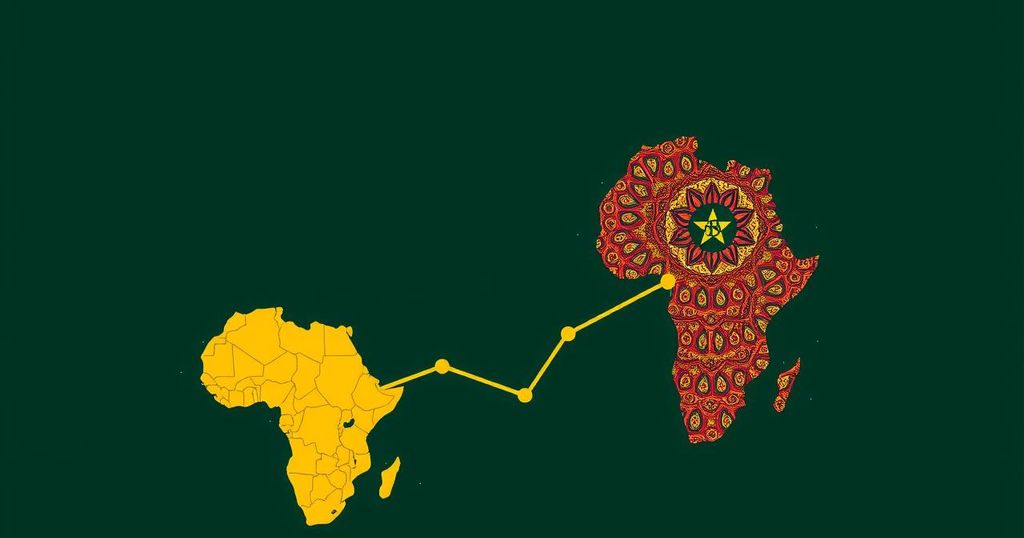This article investigates the impact of public debt on educational access in Zimbabwe, Eritrea, South Sudan, and South Africa. It highlights how financial constraints, governance issues, and corruption affect the right to education, emphasizing the need for effective debt management strategies. Aligning financial policies with international frameworks can lead to enhanced investments in education, fostering long-term national development.
This analysis reveals the critical intersection of public debt and educational access in Zimbabwe, Eritrea, South Sudan, and South Africa. In Zimbabwe, hyperinflation and economic mismanagement have created a significant debt burden, thereby restricting investment in essential services such as education. The resultant underfunding has impaired educational quality and infrastructure, perpetuating a cycle of disadvantage.
Eritrea showcases the adverse effects of strict self-reliance policies that prioritize military spending over education. The burden of debt escalates the challenge, further hampering educational access amid political turmoil. In South Africa, despite having a larger GDP, the legacy of apartheid has produced stark educational disparities, exacerbated by financial pressures and governance issues.
The dire situation in South Sudan, marked by conflict and corruption, demonstrates how mismanaged resources lead to inadequate educational infrastructure, with limited budget allocations for education amidst pressing debt obligations. These country case studies underline the imperative for comprehensive debt management strategies that prioritize educational investment over debt servicing.
A broader perspective highlights that aligning debt management plans with international frameworks such as the ICESCR and the SDGs could strengthen commitments to quality education. Both reformative and equitable fiscal policies must account for the human right to education, ensuring that nations can prioritize educational investments even under fiscal strain.
Robust anti-corruption measures and stakeholder engagement in budget processes are essential to foster accountability and prioritize educational needs effectively. In conclusion, addressing the intricate relationship between debt and education is vital for long-term national development. Policymakers must advocate for reforms that promote resource allocation toward education, thereby enhancing global partnerships aimed at sustainable development and social equity.
This article examines the multifaceted relationship between public debt and education in select African nations, revealing how financial constraints impede the realization of educational rights. Zimbabwe, Eritrea, South Sudan, and South Africa were investigated to understand how debt management and governance influences access to quality education. The portrayal of these nations illustrates the profound effect of economic policies on educational outcomes, necessitating a shift in both national and international approaches to debt management. Emphasizing the right to education as a fundamental human right, the analysis also aligns with international legal frameworks such as the ICESCR and the SDGs.
The exploration of the interrelationships between debt and educational access in Zimbabwe, Eritrea, South Sudan, and South Africa elucidates the pressing challenges faced in these contexts. The insights emphasize that sustainable solutions require comprehensive debt management strategies that prioritize educational investments, underpinned by strong governance and anti-corruption measures. Collaboration between policymakers, lenders, and civil society is paramount to ensuring that educational rights are upheld, forging pathways towards equitable and sustainable development for future generations.
Original Source: www.amnesty.org






